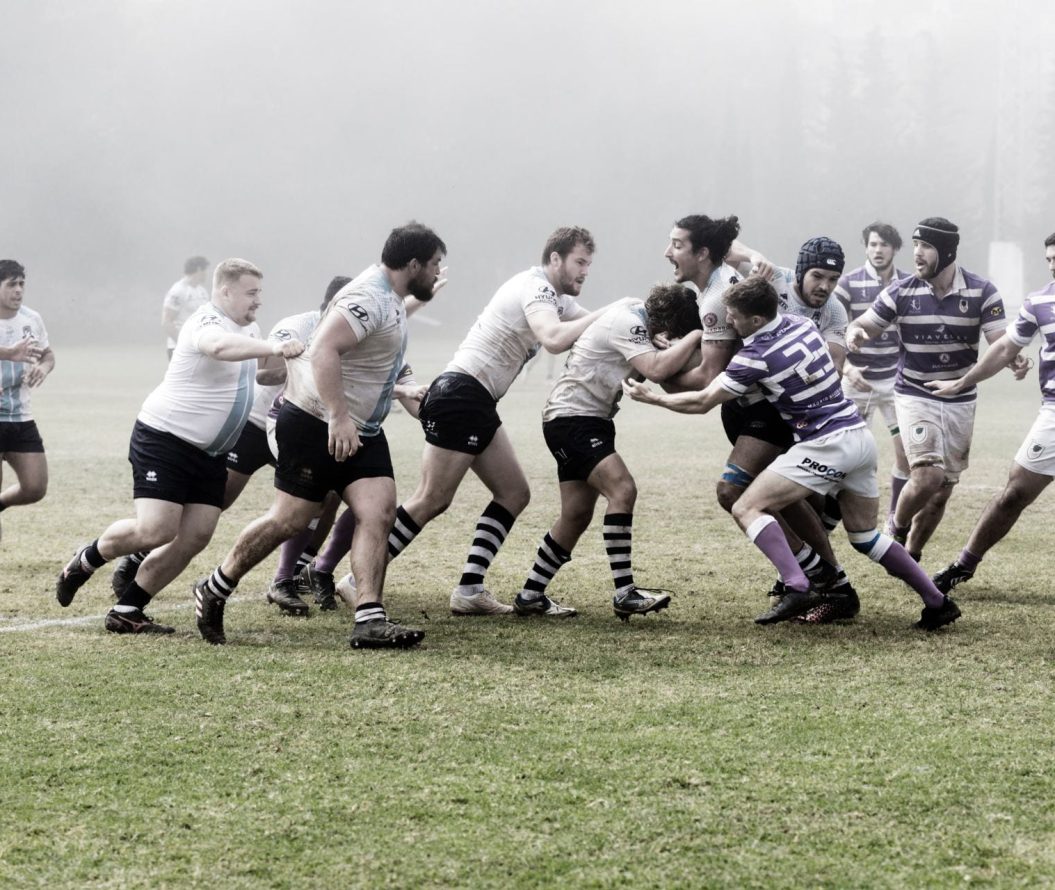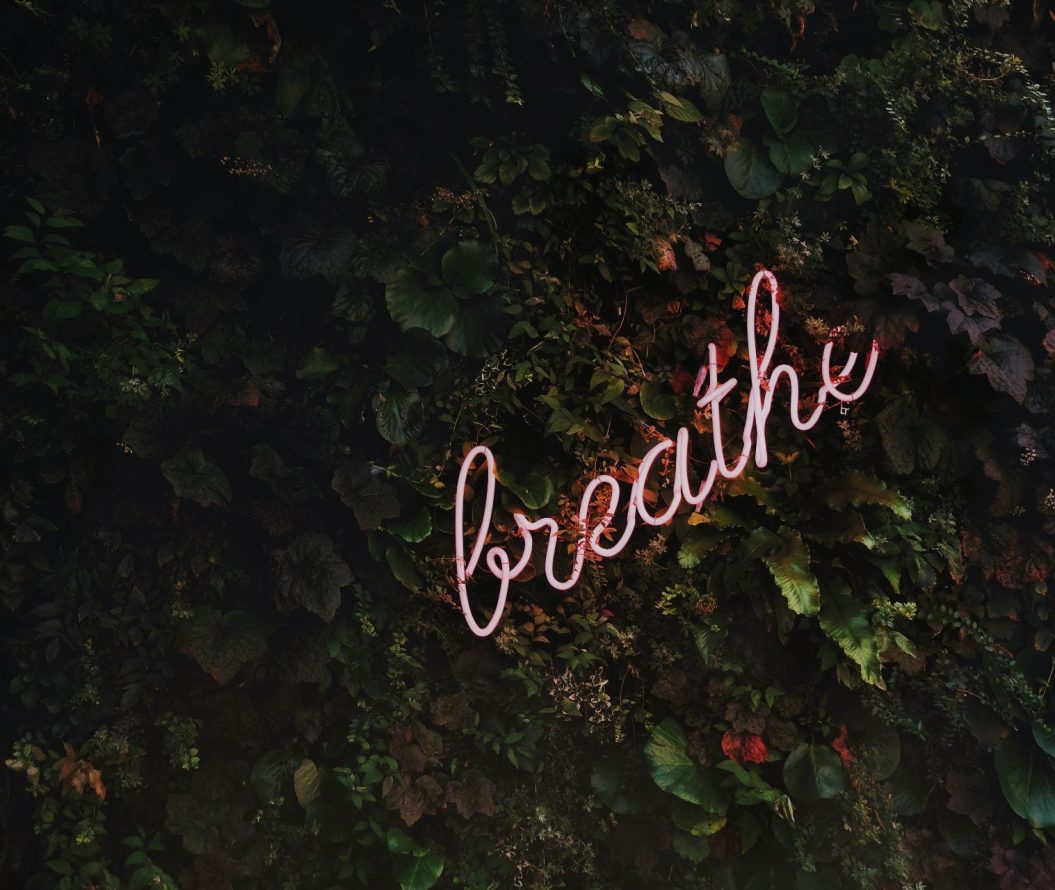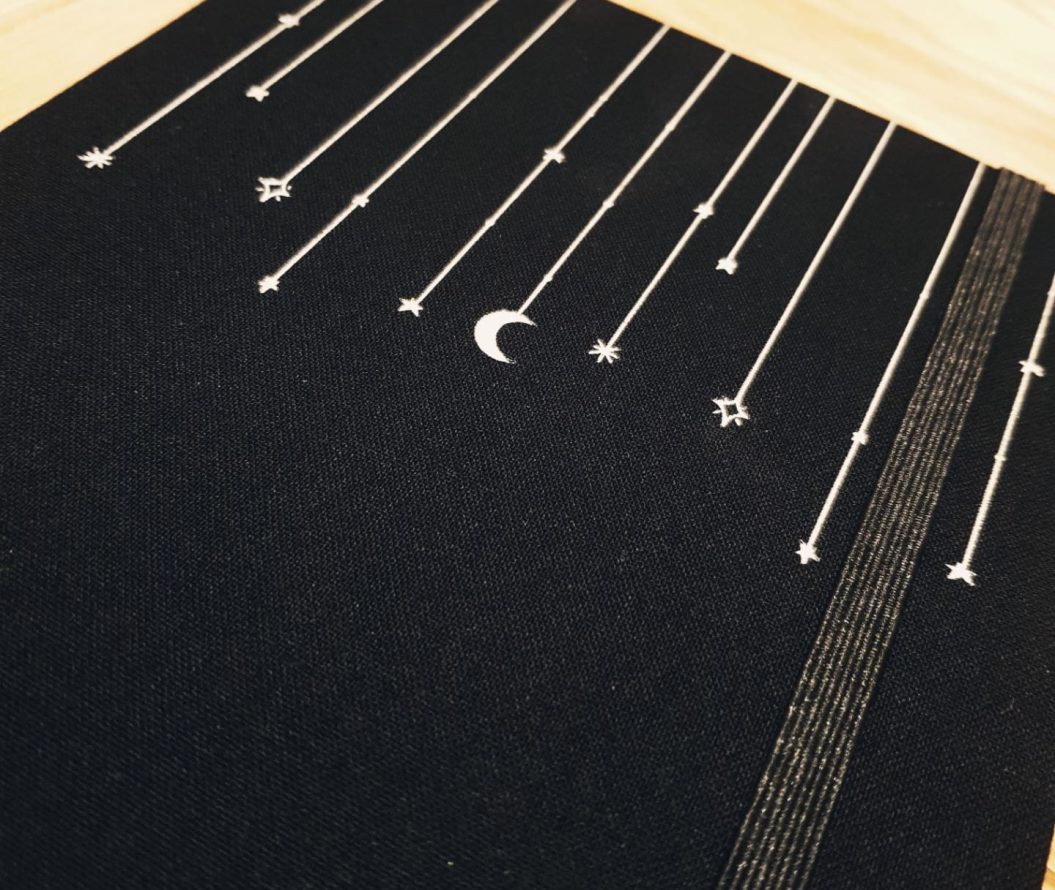
Work experience and you
You are getting good grades and have survived to your final year. Great! Now is the time to look for work experience and job opportunities. Not only may this be a requirement of your degree but it will also look amazing on your CV when you graduate. Here are some of our top tips:
Apply for all opportunities:
If your tutors are telling you “all work experience is good work experience” that is because it’s true for the most part. Each placement will teach and refine different skills while also allowing you to assess which career paths you are best suited to… and it can be surprising!
You may find that the career you always pictured yourself doing is completely different to how you imagined it to be. After all, it is better you find this out now than before you get a job in that specific field. Websites such as gothinkbig.co.uk are great for placements with big-name companies but you should also look at potential placements nearby.
Smaller companies can give you more attention and, as a result, better feedback. Your tutors may also have contacts which can help you with the first hurdle of acquiring work experience.
Show your research and enthusiasm:
Once you have a placement, start to research the company and think of some questions to ask which show your enthusiasm. Have a look at the surrounding area so that you won’t be late on your first day and think of some discussion topics for those initially awkward chats with your temporary co-workers.
First impressions count:
This may be self-explanatory but make sure you look professional on your first day. It is better to look too dressed up than too casual. There is no need to buy a whole new wardrobe but make sure you have some nice pieces to make a great impression and remember to be on time.
Confidence:
On your first day, it is important to be your best self. Don’t be shy, remember that they picked you for a reason, and try to be as helpful as you can. Even if they ask you to do what seems like a menial task. You never know – this could lead to future employment!
Finishing the placement:
For our last tip, ensure that you have any forms completed which the university may need to record your experience. This helps with attendance and might also be a requirement of the course. It is also useful to write a log of the tasks you did each day to look back on and show future employers.
Most importantly, make an impact! Make sure you swap contact information with those that you have worked closest to and remember to leave a thank you note or email from your personal account so that they have the option to inform you of potential internships and job opportunities in the future.
- Topics
- Life skills
- Networking
- Work experience



